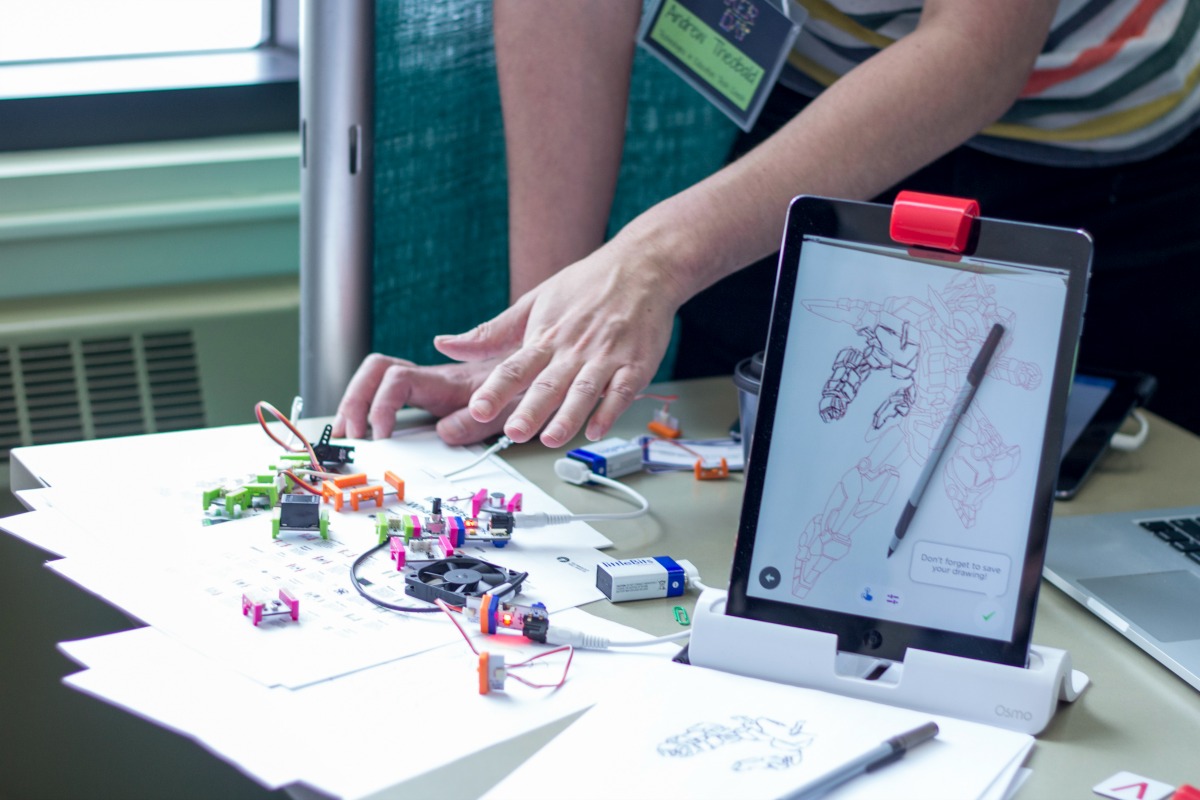A question often pondered by education researchers and scholars is what impact technology has on teaching and learning. But a researcher in the University of Alberta’s Faculty of Education says teachers’ beliefs and attitudes toward teaching and technology may be just as important as the technologies used in teaching.
Heather Kanuka, a professor in the Department of Educational Policy Studies, has been recognized for her work on teaching, learning and technology by the Canadian Society for the Study of Higher Education (CSSHE). Kanuka is the first recipient of the Research and Scholarship Award since 2009, and the first UAlberta researcher to receive the award since it was established in 1990.
The award is conferred on a practising scholar with a significant publication record on any aspect of Canadian post-secondary education and who is expected to continue to make scholarly contributions to the field for some time to come.
Kanuka’s work looks at how a teacher’s philosophical orientation toward teaching aligns with their philosophical orientation toward technology, and how that affects their practice as an educator.
“Knowing your own philosophical orientation gives you insight into how to be an authentic teacher, and we know that being authentic in your teaching has one of the biggest influences on how well your students learn,” Kanuka says. “If we don’t know our philosophical orientation, we can state what we’re doing but not why we’re doing it.”
She adds that disconnects between a philosophical orientation toward teaching and classroom practice are endemic to higher education, where teachers profess support for creative, critical and complex thinking but are expected to rely to some degree on teaching and evaluation methods geared toward testing knowledge transfer. The use of technology in the classroom, and whether it’s viewed as a tool or a substantive aspect of the learning experience, also has an impact on learning outcomes.
Kanuka says questions about philosophical orientations toward teaching and technology underpin a larger conversation about the purpose of higher education, a conversation that’s sometimes sidetracked by delving into what should be taught, rather than why.
“We’re not talking about the aim of education and what kind of grads we want to produce,” Kanuka says. “Do we want educated citizens, do we want professionals, do we want critical creative thinkers, or socially responsible people? It’s tied to our philosophical orientation toward education, and whether we use technology or not ties to our views of education.”
Kanuka will receive CSSHE’s Research and Scholarship Award at their annual conference in Calgary at the end of May.
